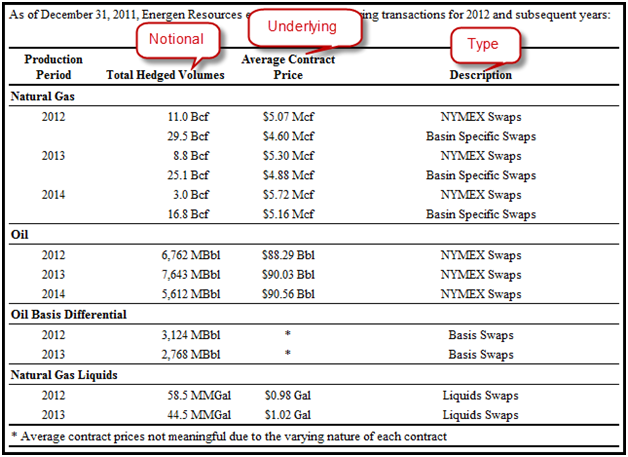Accounting professionals and auditors need to have an eager eye for information and strong problem resolving and analytical skills. You'll need to understand general accounting principles, practices, and laws, which is generally acquired through a four-year accounting or associated degree (How to finance building a home). Though you don't absolutely need one to get going, your task potential customers will increase greatly if you have or are pursuing an accounting accreditation. Licensed Public Accounting Professional (Certified Public Accountant) is the most popular, but there are a range of others depending upon your specialty. As the name indicates, credit experts evaluate the credit and monetary data and history of individuals and business to figure out the degree of threat associated with providing them cash or extending them credit.
Credit analysts primarily work for banks and charge card business but can also work for mortgage, insurance coverage, and investment firms. You'll require strong decision-making, vital thinking, analytical, research study, and interaction abilities in addition to a bachelor's degree in finance, accounting, or a related field. Some positions may also need a Chartered Financial Analyst (CFA) credential. Brokers and traders buy and offer securities like stocks, bonds, and other funds and study ahead of these trades. Nevertheless, while traders often purchase or offer based upon the wishes of a manager of a portfolio or other investment fund, brokers are responsible straight to the investors and may work for themselves or a brokerage or securities firm.
Both positions need a four-year degree and certain Financial Industry Regulatory Authority (FINRA) licenses to finish trades on behalf of others. Financial expert is a first financing job title for lots of people getting in the market. Depending upon where you work, you might offer assistance to organizations and individuals making financial investment decisions; examine the efficiency of stocks, bonds, and other financial investments; assess existing and historical monetary information for the company you work for or others; and research study possible investments. Regardless of the business, a lot of financial experts are responsible for reporting their findings to others. You're most likely to be working for large banks including financial investment firms and banks in New York City and other monetary centers, however you can also work as a business financial expert in other markets.
To get going, you should have a bachelor's degree in financing or an associated field. Pursuing an associated internship will likewise help you land an entry-level position. In order to advance as a financial expert to a portfolio or fund management position, you might require a CFA accreditation or other FINRA license and an MBA. Lots of monetary organizations have two-year financial analyst programs for brand-new graduates. Some of these programs, like the one at Wells Fargo, are rotational, enabling you to discover different locations in the monetary market to assist you decide where you desire to opt for the rest of your career.
Spending plan analysts work across industries in private companies and for government offices and need to have strong analytical and communications skills to discuss choices to others in a company. Spending plan analysts normally need a bachelor's degree in accounting or a similar field, but some business will accept experience rather while others are trying to find candidates with an MBA. In order to operate in some government spending plan analyst positions, you may need a Qualified Government Financial Manager credential from the Partner of Government Accountants. Personal financial organizers and advisors assist individuals with their monetary goals, including offering education on financial investments, picking financial investments on their behalf, managing their portfolios, preparing for long-term objectives, and monitoring their financial resources.
The Facts About How Much Do Finance Managers Make At Car Dealerships Revealed
Financial consultants might recommend customers when or for a brief time, whereas monetary organizers often have long continuing relationships with customers (which suggests they require strong social abilities) and should be Certified Financial Planners to use the task title. In addition to analytical skills and investment knowledge, financial organizers need to likewise have an entrepreneurial mindset, Goodfellow states, because even if you're working for another company, you're typically developing a list of customers yourself. Threat specialists work for financial investment banks and firms, home loan and insurer, and business lending institutions, among others. Threat specialists utilize quantitative and qualitative approaches to evaluate the danger to: Existing and prospective investments (in both domestic and foreign markets) Making capacities, The success of business, Threat professionals require to have a strong ability to recognize potential problems and good inductive, deductive, and mathematical thinking skills.

A degree or focus in international service is also handy for threat experts. Financial examiners make sure compliance with finance laws and policies by evaluating balance sheets, monetary records, and loan documentation. They usually work for financial institutions and insurance provider or for the federal government. Federal government monetary inspectors frequently examine scams or cash laundering at banks and other companies, while those working for private business guarantee the stability and compliance of their own organizations. Financial examiners require strong attention to detail and analytical abilities and a four-year degree in accounting or another field (though a certain number of accounting classes is needed for anybody hoping to work for the FDIC), and may think about getting a Certified Public Accountant credential to make them a more competitive candidate.
Quants mostly work for financial investment banks and hedge funds, however might likewise be employed by depository banks, trading firms, or fintech business. To become a quant, you need to have high-level mathematical and other cancel your timeshare reasoning capabilities. A lot of your work will be abstract rather than focused on a specific company or industry, and much more time will be invested in a computer system screen than interacting with colleagues. The salary for this position is high, however so is the barrier to entry: You'll require a master's degree or ideally a Ph, D in a quantitative field like mathematics, finance, stats, or economics and be able to show a strong computer capability, or a master's degree or Ph, D in monetary engineering or computational finance.

They compute the cost of those events and help design insurance coverage policies and other models. Actuaries mostly work for insurer however can also be employed by investment firms, governments, or banks. Actuaries have an extremely high salary and the market for these jobs has an extremely high forecasted development rate, Goodfellow says. The BLS https://www.bintelligence.com/blog/2020/2/17/34-companies-named-2020-best-places-to-work estimates that the field will grow 18% from 2019 to 2029. The job is also reasonably low stress, especially compared to other jobs of this wage level and in the financing market. You will require extremely strong math and reasoning abilities and a four-year degree in actuarial sciences, financing, accounting, or an associated field.